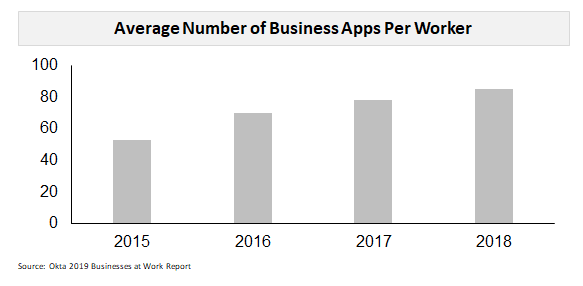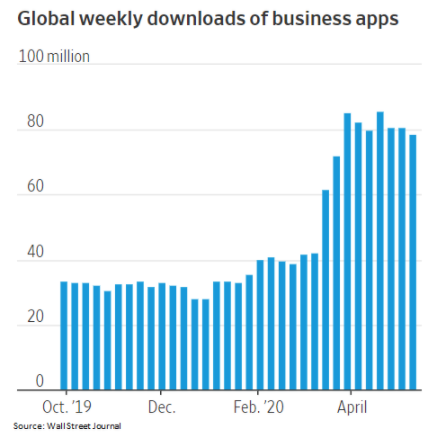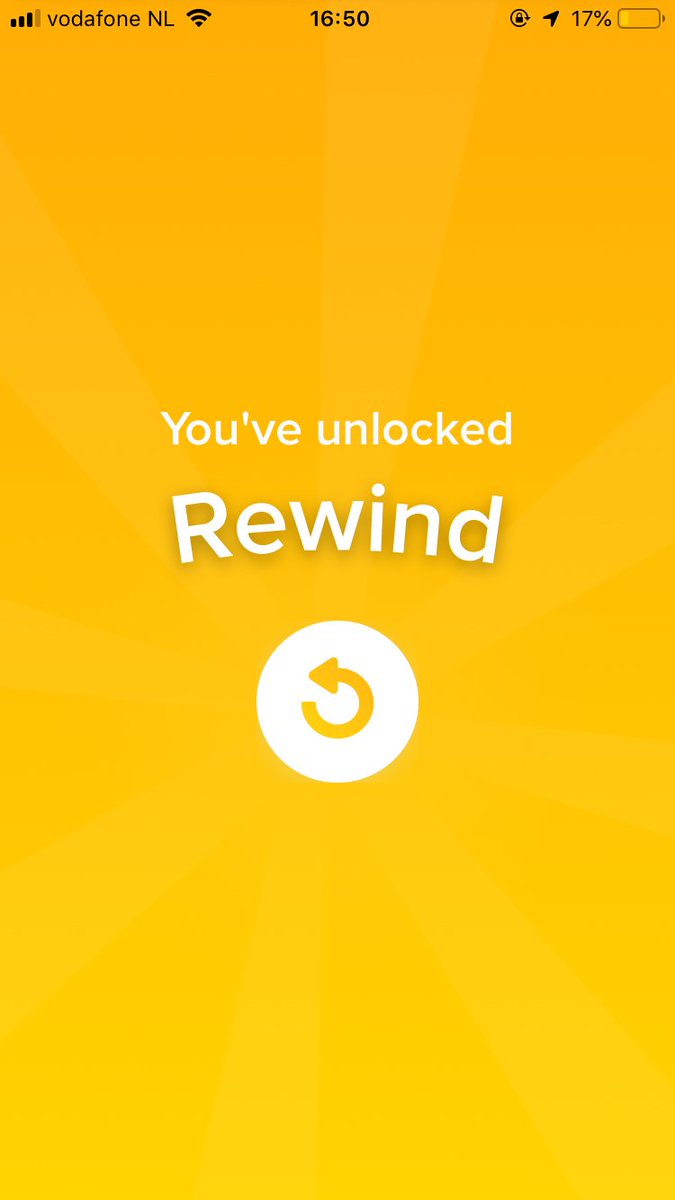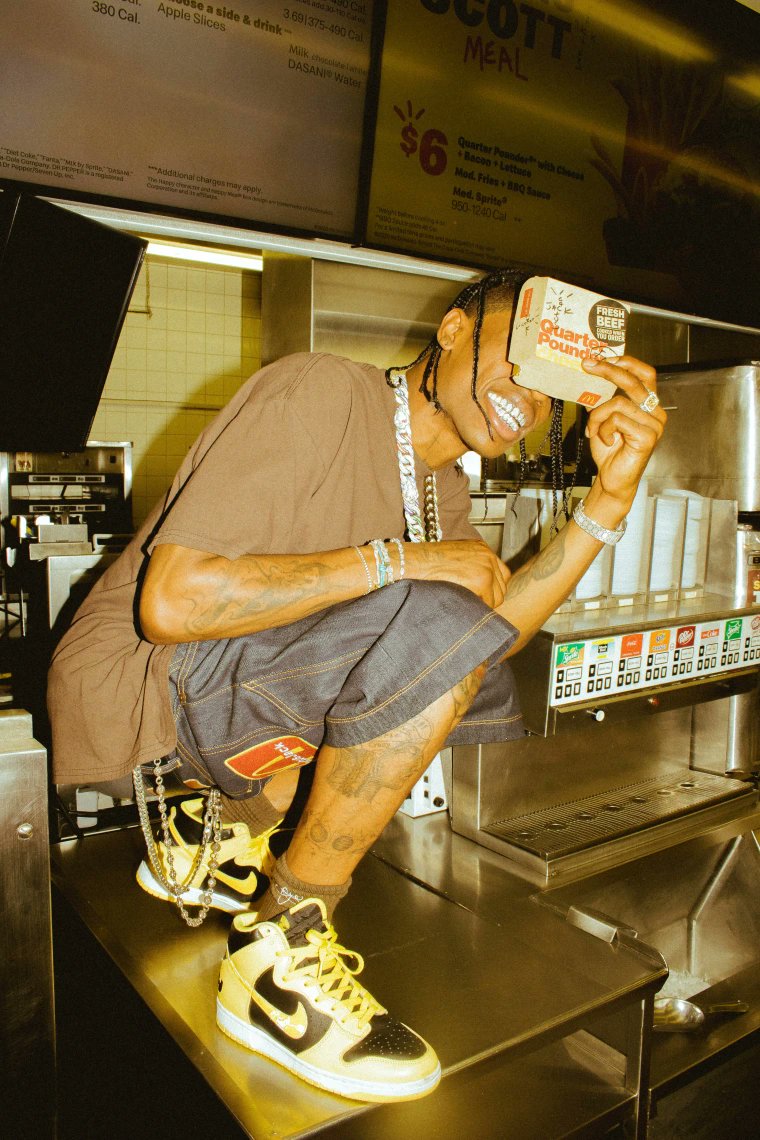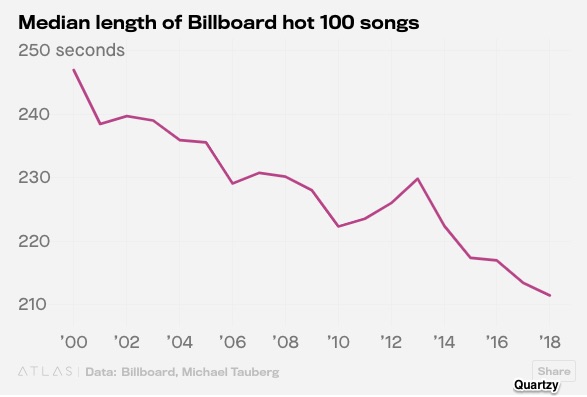
How education is changing:
Traditionally, education took place in the first ~20 years of life. This was fine in an industrial-centric world. But in a tech-centric world, that model no longer works.
Education will be lifelong & workers will reinvent their skills again & again 👇
Traditionally, education took place in the first ~20 years of life. This was fine in an industrial-centric world. But in a tech-centric world, that model no longer works.
Education will be lifelong & workers will reinvent their skills again & again 👇

1) While tech has reinvented sector after sector, education has been largely untouched.
Costs have gone up: the cost of education is growing 8x faster than real wages & Americans hold $1.5 trillion in student debt.
Plus, COVID showed us how ripe education is for reinvention.
Costs have gone up: the cost of education is growing 8x faster than real wages & Americans hold $1.5 trillion in student debt.
Plus, COVID showed us how ripe education is for reinvention.

2) Most education spending is spent in a learner's first 17 years.
But the skills demanded by the labor market are evolving faster than ever: tech accelerates the pace of change.
85% of today’s college students will have jobs in 11 years that don’t currently exist (!).
But the skills demanded by the labor market are evolving faster than ever: tech accelerates the pace of change.
85% of today’s college students will have jobs in 11 years that don’t currently exist (!).

3) The solution is lifelong learning: refreshing skills again and again throughout a career.
"Horizontal" skills will be taught early in life. These lay the foundation for being able to learn again and again.
Then vertical, job-specific skills be taught through a lifetime.
"Horizontal" skills will be taught early in life. These lay the foundation for being able to learn again and again.
Then vertical, job-specific skills be taught through a lifetime.

4) The World Economic Forum estimates that closing the skills gap could add $11.5 trillion to global GDP by 2028.
We'll see a shift toward skills-based education. It's unlikely the government can shoulder the costs. More employers will pay & private-sector solutions will emerge.
We'll see a shift toward skills-based education. It's unlikely the government can shoulder the costs. More employers will pay & private-sector solutions will emerge.

5) A new study found that 53% of Americans would switch to a new industry if they could retrain.
Lifelong learning will give them that option.
Today’s graduates are expected to hold between 15 & 20 jobs (!) over the course of a career. Education will evolve to meet that future.
Lifelong learning will give them that option.
Today’s graduates are expected to hold between 15 & 20 jobs (!) over the course of a career. Education will evolve to meet that future.
• • •
Missing some Tweet in this thread? You can try to
force a refresh


